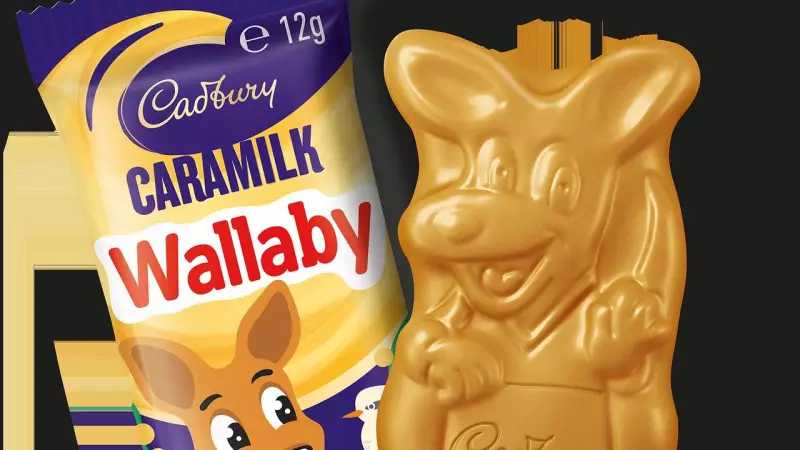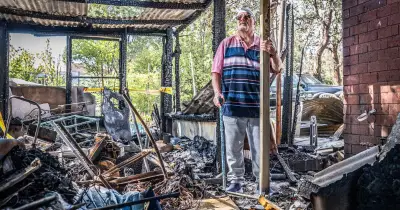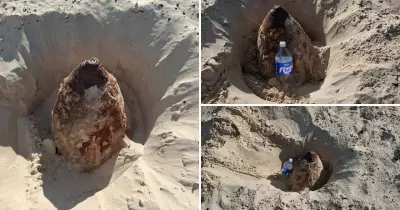
In a significant move for sustainable manufacturing, the Australian chocolate giant Cadbury has announced a partnership to completely recycle its soft plastic wrappers within the country, accelerating its journey towards net zero emissions.
The Path to a Circular Economy for Soft Plastics
Cadbury’s parent company, Mondelez International, is investing in Australian biotech firm Licella to tackle the challenge of chocolate wrapper waste. The collaboration centres on Licella’s innovative CAT-HTR (catalytic hydrothermal reactor) technology, which is currently undergoing testing in Europe.
Amber Beaumont, Cadbury’s senior manager for corporate and government affairs, confirmed the ambitious goal. The company plans to implement this advanced recycling technology at its Altona Advanced Recycling Project in Victoria by 2027 or 2028. This initiative aims to fully recycle 100% of the chocolate wrappers, creating a closed-loop system.
Addressing Australia's Plastic Recycling Crisis
This new venture comes as a direct response to the collapse of the REDcycle soft plastics program, which left many Australians without a convenient recycling option. Ms. Beaumont expressed a shared sentiment, noting, "I think everybody was really flat when REDcycle collapsed and not being able to return our soft plastics to store."
She highlighted a critical issue in Australia's supply chain, stating, "We need to create that circular loop to ensure that soft plastic being collected can go back into our packaging, because at the moment, the soft plastic that we source for our wrappers comes from overseas." Currently, Cadbury’s packaging for its blocks, bars, and pieces contains approximately 50% recycled plastic materials, but the new project will push this to 100%.
A Broader Commitment to Sustainability
The wrapper recycling project is just one facet of Cadbury’s comprehensive sustainability strategy. The company is also deeply involved in responsible cocoa sourcing from West Africa and Asia.
"A lot of the effort that we put into that program, particularly around protecting and restoring forests, is ensuring sustainable practises on cocoa farms, and really ensuring the sustainability of those cocoa communities," Beaumont explained. "That’s a big part of our emissions reduction plan across the globe."
Supporting these goals, Cadbury’s Melbourne-based operations are already powered by renewable energy. The company’s two factories in Scoresby and Ringwood, along with its distribution centre in Trugainina, run entirely on clean power, further cementing its commitment to a net zero future by 2050.






